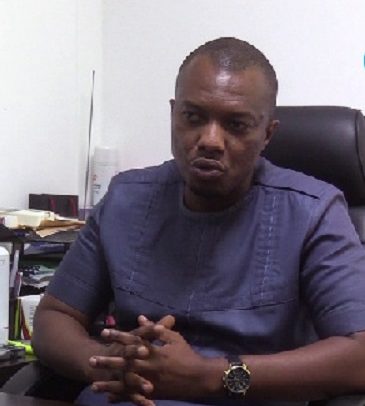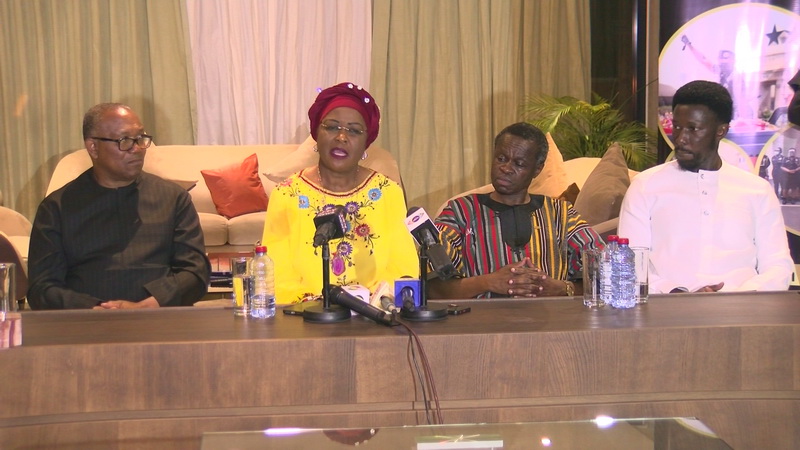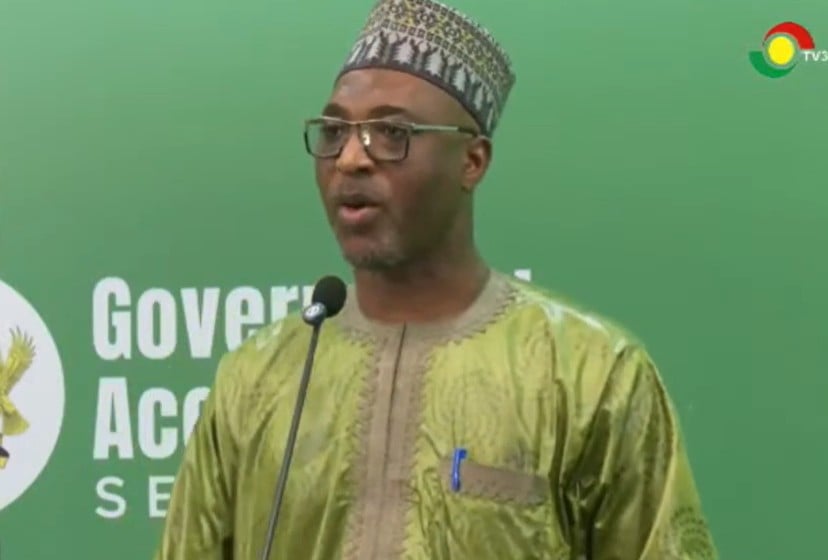
By Derek B. LARYEA
The recent vetting of Samuel George as the incoming Minister for Communications, Digital Technology, and Innovation has sparked a wave of optimism among technology enthusiasts, industry professionals, and the public.
His extensive knowledge, clear vision, and practical approach to tackling long-standing challenges in Ghana’s tech sector have left many feeling reassured about the future. One of the most pressing issues he addressed during his vetting was the controversial SIM registration policy, a matter that has frustrated Ghanaians for nearly 15 years.
The SIM registration challenge: a history of frustration
Sim registration in Ghana has been a contentious issue, marked by inefficiencies, long lines, and widespread dissatisfaction. Under the previous administration, Mad. Ursula Owusu led a SIM registration initiative to curb mobile-based fraud and enhance security.
While the intentions were noble, the execution left much to be desired. Ghanaians had to endure hours, and for some days, under the scorching sun to register their SIM cards. The process was plagued by technical glitches, poor coordination, and insufficient public education, resulting in widespread panic and frustration.
Despite these efforts, mobile-based fraud remains prevalent in Ghana today, raising questions about the effectiveness of the previous exercise. Critical issues such as database integrity, the validation process, and the alignment of stakeholders were not adequately addressed, leaving gaps that undermined the policy’s objectives.
A refreshing approach: Hon. Samuel George’s vision
Hon. Samuel George’s approach to Sim registration marks a significant departure from the past. Unlike previous exercises, which were rushed and imposed strict timelines, the incoming Minister has signaled a more thoughtful and collaborative process. His proposal focuses on building a robust and sustainable system that prioritizes accuracy, efficiency, and public convenience.
At the heart of his plan is a collaborative effort between the National Communications Authority (NCA), the National Identification Authority (NIA), and Mobile Network Operators (MNOs). The goal is to design a validation process that ensures every SIM card in Ghana is tied to a specific National Identification Card. This approach will involve cleaning the current SIM database, identifying unregistered or improperly registered SIM cards, and taking corrective action.
The incoming Sector Minister has indicated a commitment to reinvent the SIM registration process without rushing into implementation timelines, a critical factor that often incited panic among Ghanaians.
The clean database initiative: a game-changer for Ghana
One of the most promising aspects of Hon. Samuel George’s proposal is the focus on creating a clean and reliable SIM database. Preliminary estimates suggest that roughly 18% of the current database may require cleaning or deletion.
These SIM cards will be flagged, and their users will be notified by their respective MNOs to update their registration details. Users who fail to comply within a specified timeline will have their SIM cards blocked, ensuring that only properly registered cards remain active.
The impact of a clean SIM database cannot be overstated. For citizens, it means enhanced security and reduced risk of mobile-based fraud. A verified database will make it easier to track and apprehend individuals who use mobile networks for illegal activities. For businesses, it means a more secure environment for digital transactions, fostering trust and confidence in Ghana’s growing digital economy, which is the experience for many advanced economies.
Why this approach matters
The new Government’s approach is not just about fixing past mistakes; it’s about laying a foundation for the future. By avoiding the imposition of arbitrary timelines, the Government is eliminating the panic and chaos that have characterized previous exercises. Instead, they are prioritizing a phased and systematic process that ensures accuracy and inclusivity.
This approach also demonstrates a deep understanding of the challenges faced by ordinary Ghanaians. By leveraging technology and collaboration, the incoming Minister and his government are proposing a solution that minimizes inconvenience while maximizing effectiveness. It is a clear indication that this administration is committed to listening to the concerns of the people and addressing them in a meaningful way.
A call to action: supporting the new direction
The success of this initiative will depend on the collective effort of all stakeholders. I personally recommend the government, regulatory bodies, MNOs, and the public to work together to ensure a smooth and successful implementation. Citizens must equally be educated and encouraged to respond promptly to notifications from their MNOs and update their registration details as required. By doing so, they will not only protect their own interests but also contribute to the broader goal of creating a safer and more secure digital environment for all.
Ghanaians have a unique opportunity to support this vision and play our part in building a digital ecosystem that is secure, efficient, and inclusive. Together, we can turn this promise into reality and pave the way for a brighter future for generations to come.
>>>the writer is Director, Africa Digital Economic Forum
The post A new dawn for nation’s communications/ICT sector: Gov’t’s vision for SIM registration and digital innovation appeared first on The Business & Financial Times.
Read Full Story


















Facebook
Twitter
Pinterest
Instagram
Google+
YouTube
LinkedIn
RSS